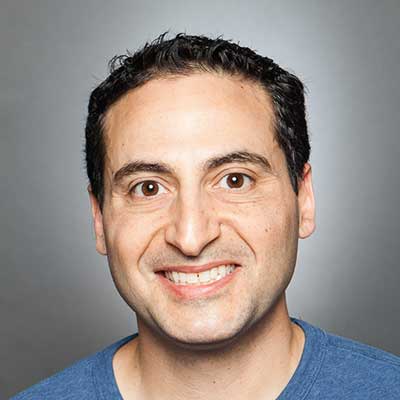Parkinson talks to Google about ‘GPS for Humanity’
We’ve come a long way since the inception of GPS. Today, location often is taken for granted, but that’s true of every mainstream technology.
It’s absolutely remarkable how far the technology has evolved. From receivers that were as big as backpacks to tiny chipsets supporting multi-constellation dual-band GNSS receivers in smartphones with antennas that are etched into the body of cell phones, it’s really an amazing technology.
I’ve had the privilege to work on GPS in phones since before “smart” appeared in front of them. And it’s truly amazing to see how “GPS has revolutionized our day-to-day lives.” But this is not my quote.
In January at the Google campus in Mountain View, California, we hosted Dr. Brad Parkinson (widely known as the Father of GPS) who gave a talk on this subject. He was the one who called this a revolutionary technology, and that had been a stealthy revolution. Frank van Diggelen secured Brad to come to Google to give this talk.
His talk was titled “GPS for Humanity.” In the talk, available on YouTube (see below), Brad goes over first hand how, over the past 30 years, this new utility came into being. It came into the fabric of our worldwide society, creating dependencies that did not exist before.
He detailed how GPS was created, what technologies were essential to its success, all the various ways that GPS keeps crucial processes intact, and how it supports a $1.4 trillion economic impact that this system brings us today.
It was a privilege and honor to have Brad give a candid and timely talk, and I hope you enjoy it as much as we did!
To watch his talk, search for “Brad Parkinson Talks at Google” on Google or YouTube. Or follow the link
Steve Malkos is the lead technical program manager in the Android Context Group at Google.

















Follow Us